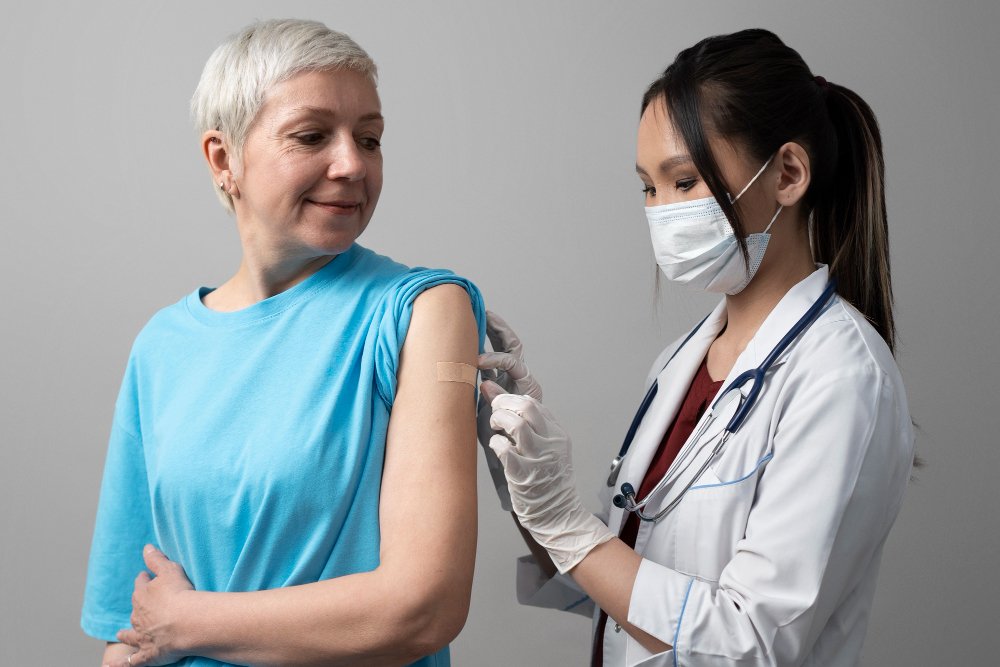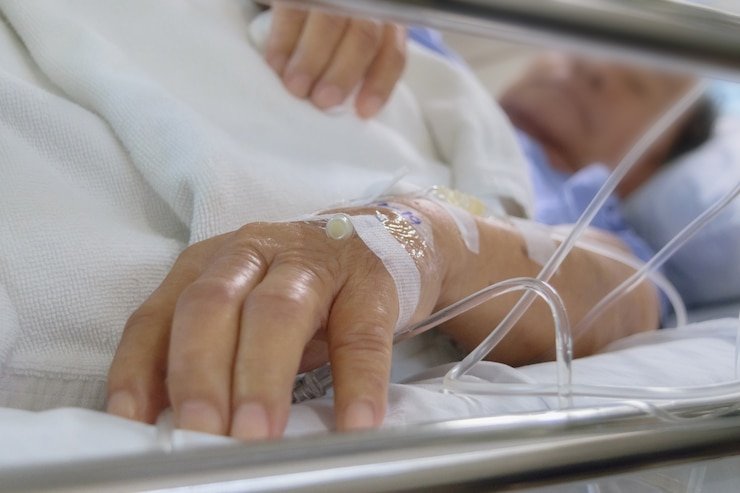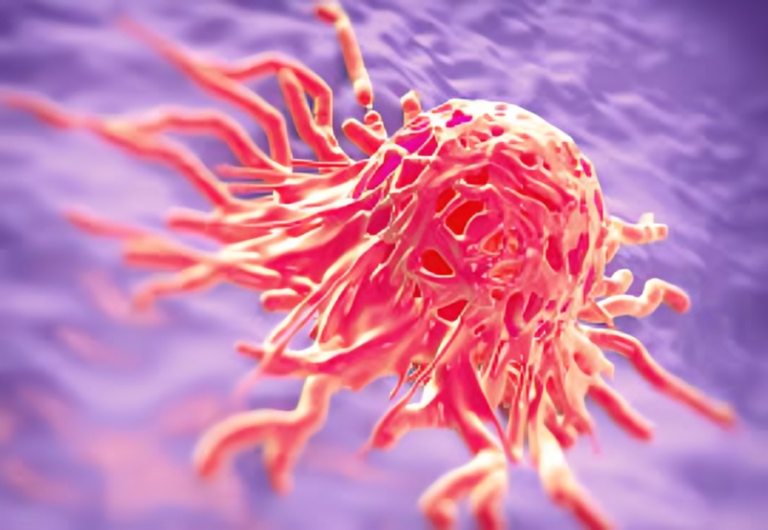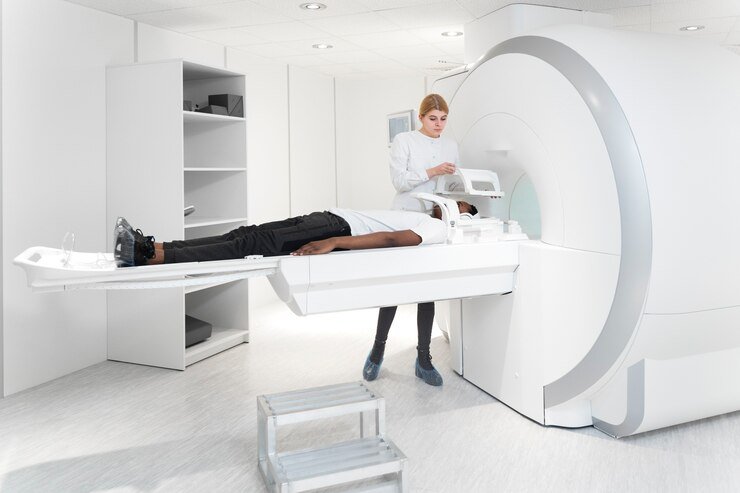Advancements in Cancer Care: Understanding Cancer Vaccination.
Cancer continues to be one of the most pressing global health challenges, affecting millions of lives each year. However, advancements in medical science have paved the way for innovative approaches to cancer prevention, diagnosis, and treatment. Among these breakthroughs are cancer vaccination and biopsy, two critical tools in the fight against cancer. In this article, we delve into the significance of cancer vaccination and biopsy, exploring their roles in cancer prevention, early detection, and personalized treatment strategies. Best Surgical Oncologist in Rohini.
To Know More About It Please Click Here
Cancer Vaccination: Cancer vaccination, also known as cancer immunization or cancer immunotherapy, harnesses the body’s immune system to target and destroy cancer cells. Unlike traditional vaccines that prevent infectious diseases by priming the immune system to recognize and eliminate pathogens, cancer vaccines stimulate the immune response to recognize and attack cancer cells specifically.
There are two main types of cancer vaccines:
- Preventive (Prophylactic) Vaccines: These vaccines are designed to prevent certain types of cancer by targeting infectious agents that are known to cause cancer. For example, the human papillomavirus (HPV) vaccine protects against HPV infections, which can lead to cervical, anal, and oropharyngeal cancers. Hepatitis B virus (HBV) vaccines also reduce the risk of liver cancer associated with chronic HBV infection.
- Therapeutic (Treatment) Vaccines: Therapeutic cancer vaccines are intended to stimulate the immune system to recognize and attack cancer cells already present in the body. These vaccines may target specific tumor antigens or proteins that are overexpressed by cancer cells, triggering an immune response to eliminate cancerous cells while sparing healthy tissue. While therapeutic cancer vaccines are still under investigation, they hold promise as potential treatments for various types of cancer, including melanoma, prostate cancer, and certain types of lymphoma.
Cancer Biopsy: A cancer biopsy is a diagnostic procedure used to obtain a sample of tissue or cells from a suspicious lesion or tumor for microscopic examination. Biopsy plays a crucial role in the diagnosis, staging, and characterization of cancer, providing essential information to guide treatment decisions and prognosis.
Types of cancer biopsies include:
- Needle Biopsy: Needle biopsies are minimally invasive procedures that involve the insertion of a thin needle into the tumor or lesion to extract a small sample of tissue or cells. Types of needle biopsies include fine-needle aspiration biopsy (FNAB), core needle biopsy, and vacuum-assisted biopsy. Needle biopsies are often performed under imaging guidance, such as ultrasound, CT scan, or MRI, to ensure accurate targeting of the suspicious area.
- Surgical Biopsy: Surgical biopsies involve the surgical removal of a portion or the entire tumor for histopathological examination.Best Surgical Oncologist in Rohini. Surgical biopsies may be performed as open procedures or minimally invasive surgeries, depending on the size, location, and accessibility of the tumor. Excisional biopsies remove the entire tumor, while incisional biopsies remove a portion of the tumor for analysis.
- Endoscopic Biopsy: Endoscopic biopsies are performed using specialized instruments inserted through natural body openings or small incisions to access internal organs or structures. Endoscopic procedures, such as upper endoscopy, colonoscopy, bronchoscopy, and cystoscopy, allow for visualization and biopsy of suspicious lesions within the gastrointestinal tract, respiratory tract, urinary tract, and other organs.
Significance and Impact.Best Surgical Oncologist in Rohini.
Cancer vaccination and biopsy play critical roles in cancer prevention, early detection, and personalized treatment strategies, contributing to improved outcomes and survival rates for cancer patients worldwide.
- Prevention and Early Detection: Cancer vaccination helps prevent certain types of cancer by targeting infectious agents that contribute to cancer development, reducing the risk of infection-related malignancies. Early detection through cancer biopsy allows for prompt diagnosis and staging of cancer, enabling timely initiation of treatment and improving prognosis.
- Personalized Treatment: Biopsy samples provide valuable information about the molecular characteristics of cancer, including genetic mutations, biomarker expression, and tumor heterogeneity. This information informs personalized treatment strategies, such as targeted therapies, immunotherapies, and precision medicine approaches tailored to the unique biological features of each patient’s cancer.
- Therapeutic Potential: Cancer vaccines hold promise as potential treatments for various types of cancer, offering a novel approach to cancer immunotherapy. By stimulating the immune system to recognize and attack cancer cells, therapeutic vaccines have the potential to enhance antitumor immune responses, improve treatment efficacy, and prolong survival for patients with advanced or refractory cancers.
To Know More About It Please Click Here
Conclusion
Cancer vaccination and biopsy represent powerful tools in the fight against cancer, offering opportunities for prevention, early detection, and personalized treatment. As research continues to advance and technologies evolve, these innovative approaches hold promise for improving outcomes and quality of life for cancer patients worldwide. Best Surgical Oncologist in Rohini.By harnessing the immune system’s natural ability to target cancer cells and leveraging molecular insights gained from biopsy samples, the field of cancer care is poised for continued progress and innovation in the quest to conquer cancer.








